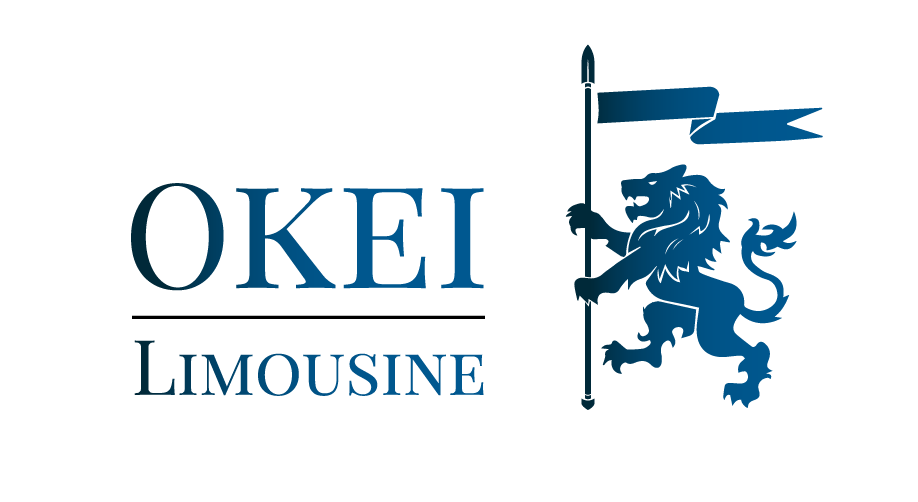27 Nov Starting in 2017, Match Group set its sights on another dating upstart: Hinge, an app focused on finding long-term connections
One year later, Rad became chairman of Tinder and Greg Blatt became Tinder’s CEO while simultaneously serving as CEO and chairman of Match Group. By 2017, Tinder had merged under the Match Group umbrella.
In 2018, Rad and nine other Tinder employees sued IAC, claiming IAC purposely undervalued the startup. The lawsuit sought $2 billion in damages.
The group, which included Badeen and Mateen, filed suit against both IAC and Match Group alleging that a lowball valuation was used to reduce the value of early employees’ and founders’ stock options.
When IAC https://datingranking.net/dating-over-60/ merged Tinder with Match Group in 2017, the suit argued, Tinder employees’ options in the rapidly growing app were “stripped away,” leaving them with options in Match instead, which was less valuable.
The suit also argued that Blatt valued Tinder far lower than Tinder’s cofounders believed it to be worth. Additionally, Rosette Pambakian, Tinder’s vice president of marketing and communications, alleged that Blatt had groped her at a Tinder holiday party in 2016.
IAC sought to dismiss the suit, which a New York state appeals court rejected in 2019. IAC also counter-sued Rad for $400 million, alleging he had improperly recorded conversations with his superiors.
From Match’s initial investment to the following year, Hinge saw a 400% increase in users, particularly on the East Coast of the US. Hinge, which had been described as the “anti-Tinder,” removed the swipe feature from its app and shifted to more fleshed-out user profiles with a goal of helping users find relationships.
By , IAC announced it was spinning off its stake in Match Group. “We’ve long said IAC is the ‘anti-conglomerate’ – we’re not empire builders,” Barry Diller, IAC’s chairman, said in a statement at the time.
“We’ve always separated out our businesses as they’ve grown in scale and maturity and soon Match Group, as the seventh spin-off, will join an impressive group of IAC progeny collectively worth $58 billion today,” Diller told CNBC in a statement.
By , IAC and Match Group completed their separation. IAC said that given Match’s market capitalization, it was the largest company IAC has separated in its history.
Match Group CEO of 14 years, Mandy Ginsberg, stepped down a year later.
Ginsberg said in a letter to employees she left for personal reasons, including undergoing a preventative double mastectomy and witnessing a tornado demolish her Dallas home.
Former Tinder COO Shar Dubey took over for Ginsberg, and became one of few women of color in chief executive roles at Fortune 500 firms.
Meanwhile, Wolfe Herd had been building a company of her own: Bumble, a dating app aiming to create a comfortable and empowering online dating space for women.
Wolfe Herd was reluctant to build another dating app after her experience at Tinder, but Andrey Andreev, the cofounder of dating app Badoo, convinced her. Along with two former Tinder employees – cofounder Chris Gulzcynski and former vice president of design Sarah Mick – they launched Bumble in .
Andreev made an initial investment of $10 million and became the majority owner with a 79% stake. Wolfe Herd became CEO with a 20% stake in Bumble, according to Forbes.
Bumble’s basic mechanisms worked like Tinder’s: Users could swipe right on someone they were interested in and swipe left on someone they weren’t, with one catch – only women had the ability to make contact first.
By the end of 2017, two years after launching, Bumble had amassed more than 22 million users. Match Group came calling.
According to a report from Forbes’ Clare O’Connor, Match Group offered $450 million for the startup sometime around , but Bumble rejected the offer.

No Comments